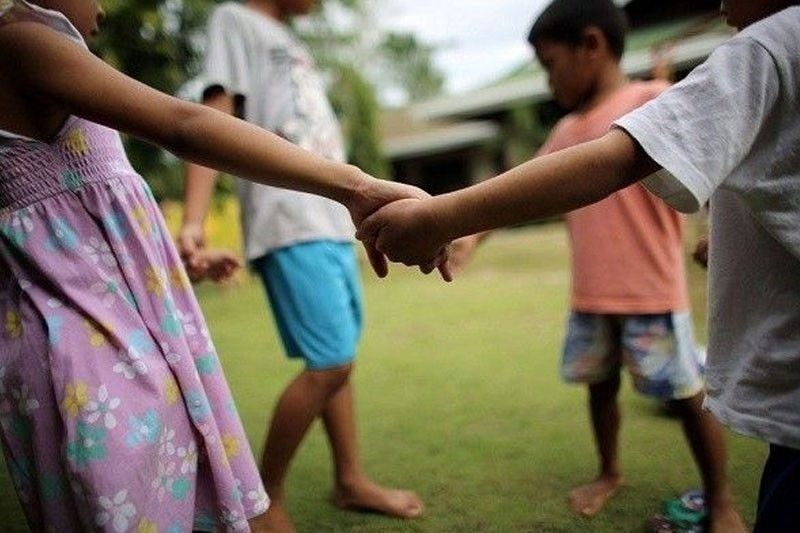LGBTQI may adopt a child

CEBU, Philippines — The Regional Alternative Child Care Office (RACCO-7) has clarified that members of the lesbian, gay, bisexual, transgender, queer and intersex (LGBTQI) community may adopt a child but only as individual not as a couple.
Although same sex marriage is not legally recognized in the country, some LGBTQI members are living together as a couple. They can also avail of the Republic Act 11642 or the Domestic Administrative Adoption and Alternative Child Care Act, which gives individuals to have children through regular adoption.
“We respect the LGBTQ community, and yes, they can adopt. However, in the Philippines, under our law, dili paman gud accepted ang marriage (between same sex couples), but they can adopt individually,” said RACCO’s social welfare officer Cyrene Anna Torres over Sugboanon channel.
RACCO 7 has already received several applications from LGBTQ individuals who wanted to adopt children.
“We have cases nga for example, naay babae (applicant) nga naay lesbian partner. Ang nabutang diha (in the application) is the mother or the single petitioner,” May Sunshine Sastre, RACCO 7 Placement Section head said.
Sastre clarified that LGBTQ individuals can qualify to adopt a child under RA 11642, provided that they are Filipino citizen, at least 25 years of age who is in possession of full civil capacity and legal rights; and 16 years older than the adoptee, or a Philippine government official and employees stationed abroad, legal guardian of the child or foster parent of the child.
Foreign nationals can also adopt a child as long as they are already permanent or habitual residents of the Philippines for at least five years aside from complying the qualifications set.
Qualifications for foreign nationals include diplomatic relations with the Philippines and the country where the foreigner came from, acknowledged the child as a legal child of the adopters, acknowledge the order of adoption as valid and allow entry of the child in such country as an adoptee. Under RA 11642, legal adoption had become inexpensive and simpler.
“We are grateful nga nahimugso jud ning RA 11642 kay kahibalo man sad mi nga dili tanang nag apply for adoption nagikan sa prominente o’ naay kwarta. Naa sad tay mga middle income earners who want to give a loving home for these children,” Sastre said.
Prospective parents can approach the city and municipal social welfare and development offices in their local government units to start the adoption process.
A pre-adoption forum and trainings are also set for the prospective parents, either online or face-to-face.
On the other hand, children can be adopted by prospective adoptive parents as long as they have been issued with a Certification Declaring a Child Legally Available for Adoption (CDCLAA), a relative of the adopter under the relevant conditions, marital child of one spouse by the other spouse, a child whose adoption was previously rescinded, non-marital child by a qualified adopter to improve status to legitimacy, a child whose biological or adoptive parents have died.
Children who are of legal age, if prior to the adoption, can also be adopted as long as the concerned individual has been consistently considered and treated by the adopters as their own child. — (FREEMAN)
- Latest




















